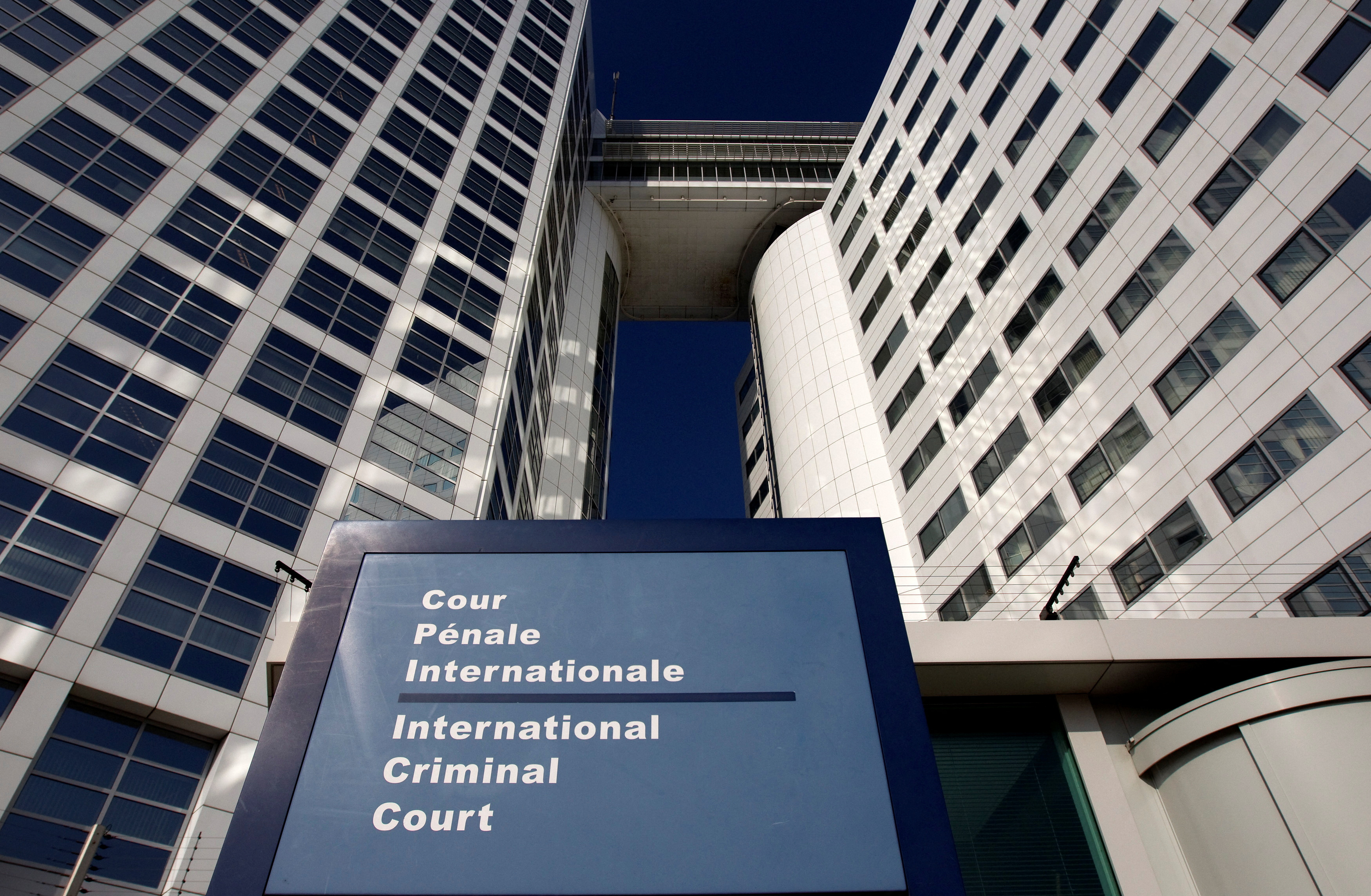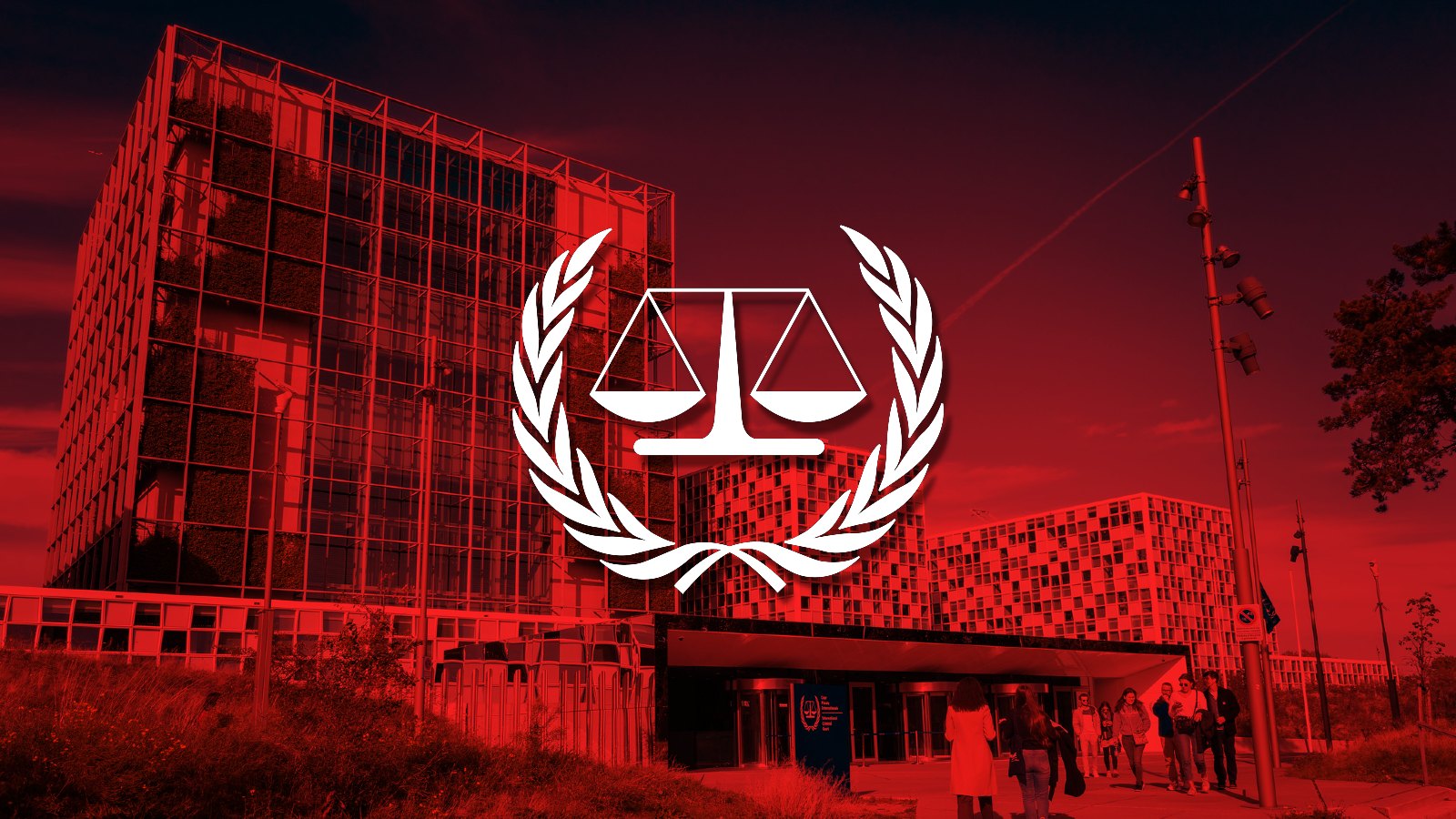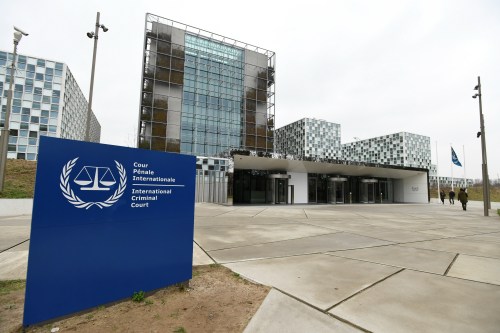Powerful Cyber Attack Shakes International Criminal Court

Powerful Cyber Attack Shakes International Criminal Court
In a shocking revelation, the International Criminal Court (ICC), one of the world’s most prominent international institutions, has been the target of a significant cyberattack. The breach, which the ICC has recently made public, has raised concerns about the security of sensitive information and the potential ramifications for global justice.
The ICC, established in 2002 and headquartered in The Hague, Netherlands, serves as the permanent war crimes tribunal, charged with prosecuting individuals for the most heinous of international crimes, including genocide, crimes against humanity, war crimes, and crimes of aggression. It is a beacon of hope for justice and accountability in a world often marred by violence and impunity.
The breach, which came to light at the end of last week, has sent shockwaves throughout the international community. The ICC, responsible for holding perpetrators of atrocities accountable, now finds itself in the unfamiliar position of victimhood, as it grapples with the aftermath of a brazen cyberattack.

According to the ICC’s official statement, the organization’s cybersecurity team detected unusual and unauthorized activity on its computer network, triggering an immediate and ongoing response. While the exact nature and extent of the breach are still being investigated, this incident underscores the growing threat that cyberattacks pose to critical international institutions.
Cybersecurity experts and law enforcement agencies are collaborating to determine the origin and motive behind this attack. The ICC has not yet officially attributed the breach to any specific entity or nation-state. However, it is widely believed that state-sponsored hackers may be involved, given the high-profile nature of the institution and the sensitive cases it handles.

The consequences of this breach could be far-reaching, affecting not only the ICC itself but also the individuals and communities it seeks to protect. Here are some key aspects of this unprecedented cyberattack:
1. Threats to Sensitive Information
The ICC houses a vast repository of sensitive information related to ongoing and completed cases, including witness testimonies, evidence, and confidential documents. A breach of this magnitude puts the security and integrity of such information at risk. The potential exposure of witnesses and victims to harm or intimidation is a grave concern.
2. Implications for Ongoing Cases
The ICC is currently handling several high-profile cases, including those involving individuals accused of committing genocide and crimes against humanity. Any compromise of the court’s records could jeopardize the pursuit of justice and undermine the trust placed in the institution by the international community.
3. The Need for Enhanced Cybersecurity
This incident underscores the critical need for international institutions to bolster their cybersecurity measures. As technology continues to advance, so too do the capabilities of malicious actors seeking to exploit vulnerabilities. The ICC must invest in cutting-edge cybersecurity technologies and practices to safeguard its operations and the individuals it serves.
4. Potential Geopolitical Ramifications
Depending on the findings of the ongoing investigation, the cyberattack on the ICC could have geopolitical implications. If a nation-state is found to be responsible, it may strain diplomatic relations and lead to calls for accountability on the international stage.
5. Calls for Solidarity
In response to the cyberattack, numerous nations and international organizations have expressed solidarity with the ICC. Statements condemning the breach and affirming support for the institution’s mission of justice have poured in from around the world. The attack has served as a reminder of the importance of upholding the rule of law and international accountability.

6. The Path Forward
As the investigation into this cyberattack continues, the ICC faces the daunting task of securing its systems, mitigating potential damage, and maintaining its commitment to justice. The breach serves as a stark reminder that even the most esteemed institutions are not immune to the evolving threat landscape of cyberspace.
In conclusion, the cyberattack on the International Criminal Court represents a troubling development in an era where the digital realm plays an increasingly central role in our lives. It highlights the need for constant vigilance and investment in cybersecurity by international institutions and serves as a stark warning that even those tasked with delivering justice on a global scale can fall victim to the relentless advances of cyber threats. The world watches closely as the ICC works tirelessly to address this breach and uphold the principles of justice and accountability that it was founded upon.




